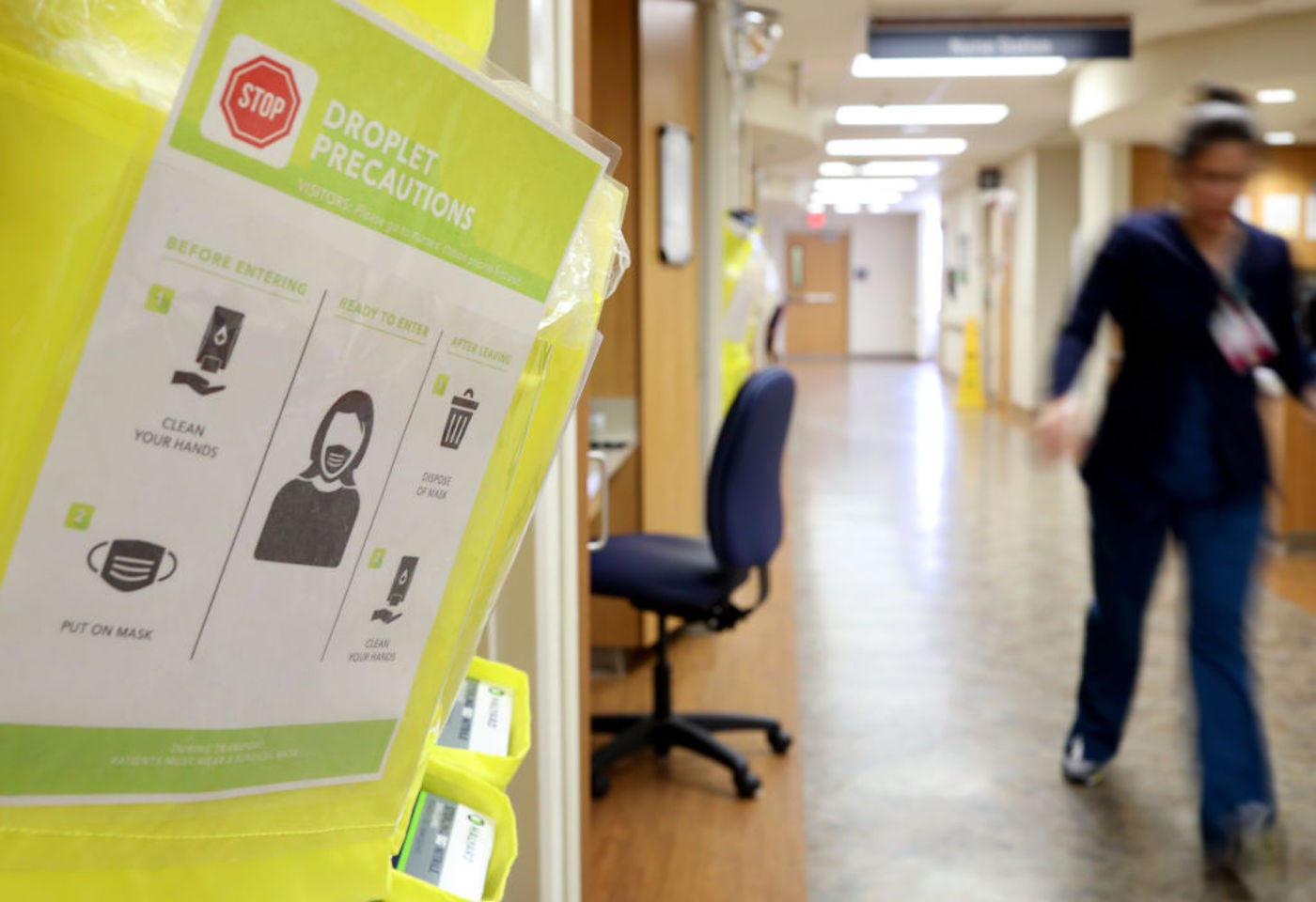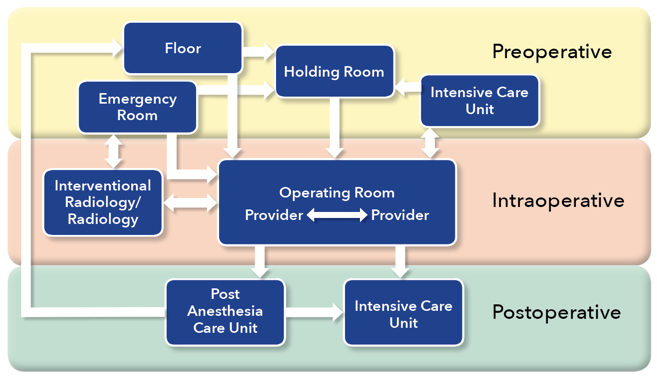We aimed to quantify how nurses distribute their time across tasks with patients in individual tasks and engagement with other health care providers.
How to interact with patients as a floor nurse.
But physicians may spend only 30 to 45 minutes a day with even a critically ill hospitalized patient whereas nurses are a constant presence at the bedside and regularly interact with physicians pharmacists families and all other members of the health care team.
The patient acuity tool each patient is scored on a 1 to 4 scale 1 stable patient.
Few studies have measured how nurses distribute their time across tasks.
Each patient s level of health literacy will also vary so your nurse communication skills and style will need to adjust accordingly.
Patients and their families often want to understand what their nurse is doing or not doing and why.
A patient may be in pain may feel worry or fear and may need reassurance.
Increase nurse perception of patient safety by assigning patients with high acuity scores equitably.
Your patients are often facing difficult situations which can affect their attitudes.
When you encounter a difficult patient take steps to reassure them.
Patients often will talk to a nurse before they ll open up to family members or physicians according to family nurse practitioner kristene diggins in an article for advance for nurses while the clinical responsibilities of nursing often seem to take precedence over unrelated side issues nurses sometimes are in the unique position of serving as confidants to patients.
Some will ask a lot of questions.
These healthcare clinics allow nursing professionals to still impact patients in a positive way as they allow registered nurses to interact with patients in a variety of ways.
You can get some really acute patients or more stable patients.
Time nurses spend with patients is associated with improved patient outcomes reduced errors and patient and nurse satisfaction.
Patients with complex illnesses or conditions often rely on nurse navigators to help them find their way through the healthcare system.
And how work patterns changed over a two.
4 high risk patient based on the clinical patient characteristics and the care involved workload.
Doctors are perceived by patients and clinicians as being the captain of the health care team with good reason.
I think a lot of young nurses want to get the experience of getting our skills down before we venture out into the other units.
Navigators provide information and resources answer patients questions and coordinate care with various members of the medical team.




























